
Grocery retail delivered zero growth in 2015, according to Kantar Worldpanel. Most industry commentators predict continued low or even no growth in our market. The big four accept or imply that share growth will be tough to get. We hear of branded companies reluctant to take bold, optimistic category strategies to retailers for fear of being thought pie in the sky. Optimism and even ambition can feel out of fashion.
But are we talking ourselves into an unnecessarily tough future? The economy has, by and large, improved and many consumers have a bit more money to spend. So why wouldn’t we challenge ourselves to take a share of this growth?
Of course, the rise of Aldi and Lidl has triggered a focused response from the big four and the necessary price reductions will often bring decline in value sales for the specific lines, and sometimes for their categories too, in the short term at least. It is the right thing to do. But does the discounter dynamic have to mean no market growth? Or, put more positively, how do we as an industry go about getting decent growth in 2016 and beyond?
We think there are three things. First, we need a steady stream of a few, big innovations that justify a price premium. Kantar analysis shows many product innovations don’t deliver category growth, but the best predictor of those that do is a price premium vs the category average. To justify a premium, the consumer needs to experience a clear and valuable benefit. This might be health, ease, speed, taste, beauty or fashion - whatever the consumer will pay for. Look at what has been achieved in rice (microwaveable) and porridge (pots).
Second, we need to spotlight the products and categories that justify a premium. This is about getting products in the right place in store, and in aisle, and attracting shopper attention to the proposition, via pack and point of sale. It isn’t about hiding the cheaper products, but is about giving the very best chance to products with differentiation and premium. The effect on sales and profit can be significant.
Thirdly, we have to protect the selling price on those products that justify a premium. Consumers will pay more for a better product. But they won’t happily pay more than they paid for the same product last week, when it was on deal. Promotions with purpose are good - but the purpose should be long-term brand, category and retailer growth, not a win today storing up a loss in the future.
The danger is that in focussing on the discounter dynamic, we forget the equally important business of creating and selling products worth a bit extra to consumers. There’s no reason why we can’t do both.
Jeremy Garlick is a partner of Insight Traction




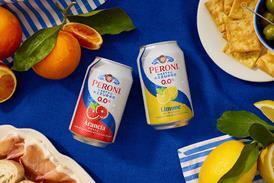



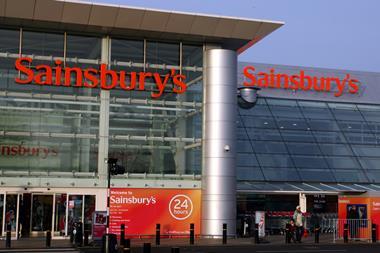
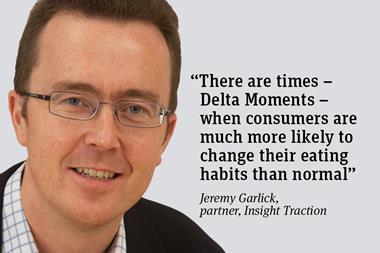

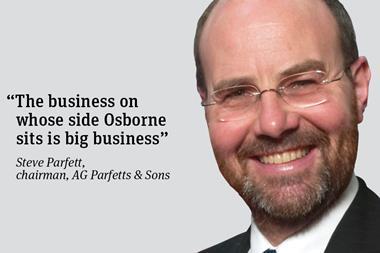
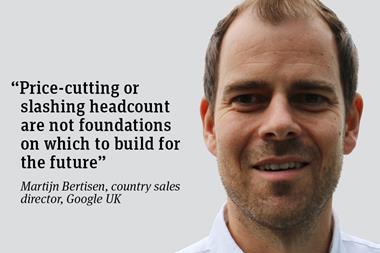



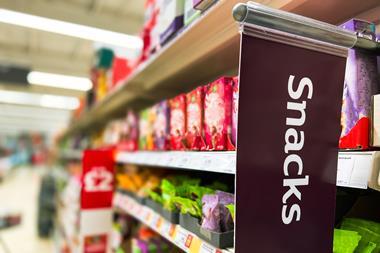

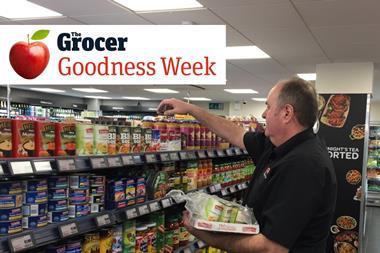
No comments yet